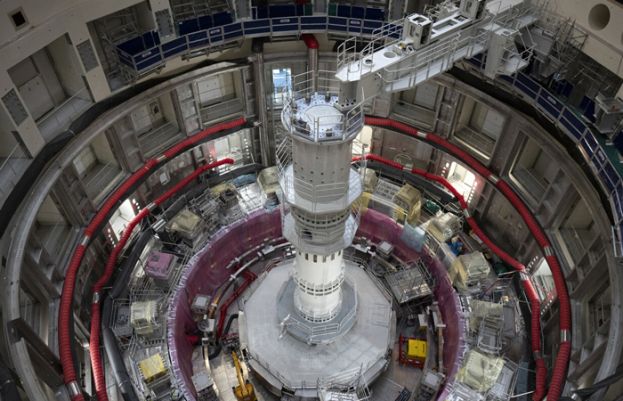Without Russia, science going solo on world's woes, dreams

In scientific fields with profound implications for mankind’s future and knowledge, Russian President Vladimir Putin’s war in Ukraine is causing a swift and broad decaying of relationships and projects that bound together Moscow and the West. Post-Cold War bridge-building through science is unraveling as Western nations seek to punish and isolate the Kremlin by drying up support for scientific programs involving Russia.
Read more: Digital Markets Act: EU Negotiators Agree To Landmark Law to Curb US Big Tech Dominance
The costs of this decoupling, scientists say, could be high on both sides. Tackling climate change and other problems will be tougher without collaboration and time will be lost. Russian and Western scientists have become dependent on each other’s expertise as they have worked together on conundrums from unlocking the power of atoms to firing probes into space. Picking apart the dense web of relationships will be complicated.
The European Space Agency’s planned Mars rover with Russia is an example. Arrays of Russian sensors to sniff, scour and study the planet’s environment may have to be unbolted and replaced and a non-Russian launcher rocket found if the suspension of their collaboration becomes a lasting rupture. In that case, the launch, already scrubbed for this year, couldn’t happen before 2026.
“We need to untangle all this cooperation which we had, and this is a very complex process, a painful one I can also tell you,” the ESA director, Josef Aschbacher, said in an Associated Press interview. “Dependency on each other, of course, creates also stability and, to a certain extent, trust. And this is something that we will lose, and we have lost now, through the invasion of Russia in Ukraine.”
International indignation and sanctions on Russia are making formal collaborations difficult or impossible. Scientists who became friends are staying in touch informally but plugs are being pulled on their projects big and small. The European Union is freezing Russian entities out of its main 95 billion euro ($105 billion) fund for research, suspending payments and saying they’ll get no new contracts. In Germany, Britain and elsewhere, funding and support is also being withdrawn for projects involving Russia.
from latest-news - SUCH TV https://ift.tt/qH1yn5M
Comments
Post a Comment